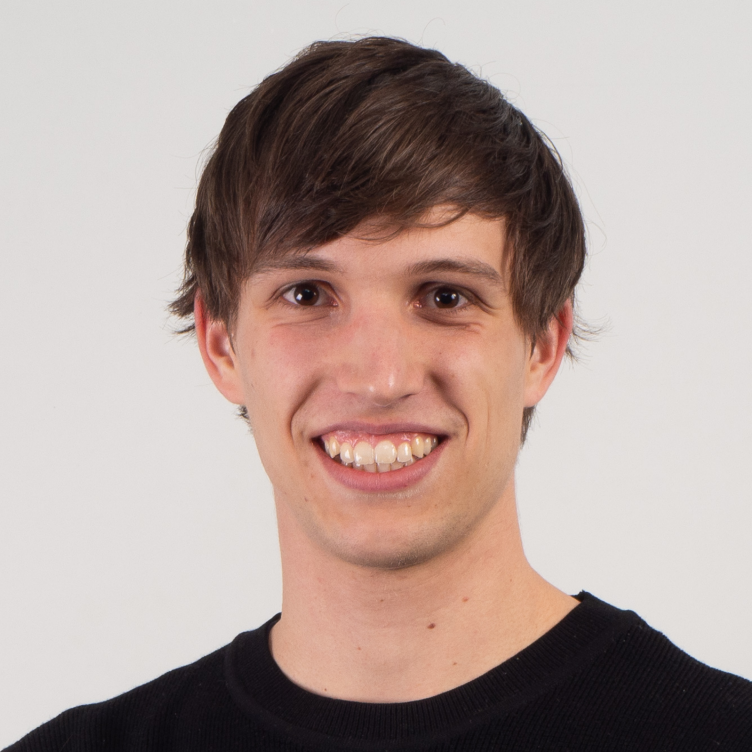Internship Insights: Emerging Risk Management at SwissRe

Meet Andreas Felderer, a recent graduate of the STP MSc program. He began his studies in the Autumn 2020, minoring in Data and Computer Science. Before beginning his Master’s, he completed a bachelor’s degree in engineering science from the Technical University of Munich. He previously attended an add-on study program in technology management and did an internship with Munich Re in the R&D department focusing on natural language processing.
Where was your internship?
My internship was with Swiss Re in Zürich. The full-time internship occurred during my fifth semester for a period of 6-months, which I then extended for 3 months. After the internship, I did my thesis - which developed out of the work I did during the internship – together with the team at Swiss Re.
How did you hear about this internship opportunity?
Being interested in the reinsurance business, I kept a lookout on their career page to see what they had to offer. I stumbled upon an internship in emerging risk management and found the description really interesting. Throughout my years of studies and career, I was interested in working on interdisciplinary subjects and covering a broad range of topics, interconnecting them. That’s what emerging risk management is about. One of my colleagues always said that in emerging risk management, the goal is to find the next asbestos. But you’re also thinking about geopolitics, the economy, artificial intelligence, and life and health topics.
Was it your goal to do an internship as part of the STP program?
I wouldn’t have wanted to force it. But there was a good opportunity, so I took it. By having a longer internship as compared to the one in Germany, I could actually start contributing to the work of my team and gain hands-on work experience.
What are some benefits of completing an internship during your master’s studies?
The internship was a protected way to gain work experience. A lot of what I learned is understanding how big corporations work. It made me aware of how important stakeholder management is. Especially in this role, I learned that you want to make sure that you don’t step on someone else’s toes and to be careful what you do and say.
The internship helped me to understand how I would fit into a full-time position role at a company. I learned what is necessary to be successful in a job, which is that it’s not always having the most accurate scientific opinion. It’s often more about knowing what is acceptable and what is not.
How did your STP studies help you as an intern?
During my internship, I had to apply the writing skills from core courses and case studies and data- and computer-science skills that I learned in minor courses.
How did your internship contribute to your overall master’s studies?
My master’s thesis was based on a project from the internship and conducted with the team. I think one of the bigger challenges of that project was stakeholder management. The responsibility was a bit diffused and supervision was not always super close, so I had to balance scientific and business interests and keep all 6 people involved happy while driving the progress of the project myself.
How was your transition from student life to a typical working environment (i.e., 9-5)?
It took me about a week or two to get adapted to the new business world schedule. But at least in my department people were really kind, so it was nice to get up in the morning, go to the office, and then leave once you were done.
The team I worked with was very welcoming and gave me interesting tasks to complete and exposed me to many parts of the company. Also working policies at Swiss Re are really flexible so I was also able to work remotely if necessary, but was in the office most of the time since it was close to where I lived.
What was the most rewarding aspect of the Internship?
I had the opportunity to present my work to the Managing Director and write an article for the annual Swiss Re SONAR report titled “external page AI getting hacked – systemic vulnerabilities of a booming technology”.